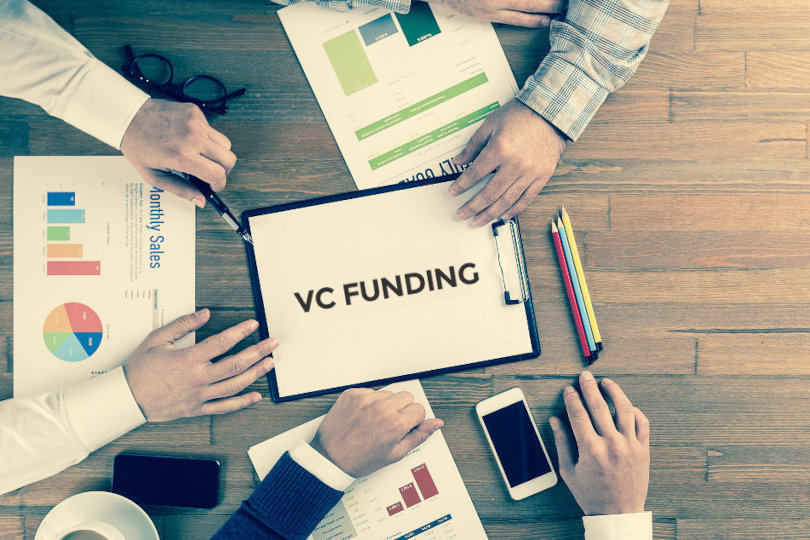One of the most sought-after methods of financing for entrepreneurs is venture capital. The process involved in obtaining venture capital is usually long and complex, so it is wise to have a good understanding of it before you jump in.
The legwork has already been done for you in the form of an e-book titled “How to Get VC Funding”, which details the process from beginning to end, with first-timers in mind. It is a free resource that’s a must-read for any businessperson that wants to get VC funding.

The most important takeaways from the e-book are highlighted below.
1. Have a Good Understanding of Early-Stage Venture Capital
Venture capital funding is defined by Entrepreneur as funds that flow into a company, usually during the pre-IPO process, in the form of an investment as opposed to a loan. The investments are controlled by an individual or small group referred to as venture capitalists (VCs) and are secured by a substantial ownership position and require a high rate of return.
Simply put, VC firms make investments in companies and get equity in those business in return, with the hope to see a positive return on that investment. The main source of VC funds is usually institutional and private investors. Typically, VC investments are essentially long-term partnerships between VC firms and companies.
2. Determine Whether Your Company Is Ready for Pursuing VC Financing
The best time to approach VCs for an investment will differ depending on the company. While you can attract a VC partner with just an idea, the vast majority of deals are closed once a business has 3 concrete items:
- A team of founders
- A minimum viable product (MVP)
- Customers
Venture capital is geared towards companies that have high startup costs and are designed to grow quickly. For the best chance of securing VC funding, it is important to have a disruptive idea, preferably in an industry where VCs usually invest heavily, such as technology, along with an impressive management team.
3. Build a Pitch Deck and Presentation
A solid pitch deck will be your calling card if you hope to raise money from a VC as well as the starting point of most introductory meetings.
A pitch deck refers to a presentation that gives an overview of the business. It can be used for sharing insights about your service or product, market opportunity, business model, your management team, and company funding needs.
It is important for a pitch deck to be short, concise, and cover the elements below:
- Company financials
- Investment amount
- Company progress
- Market pain point and solution
- Management team

4. Find the Right VC to Fund the Business
All VC firms have specific focus when it comes to the type of companies they fund. They typically invest in consumer products, software, green technologies, fintech, AI, or any other category of business. Each VC firm focuses on a different stage of investment (Series A, Series B, Series C, seed, early-stage, etc.) So, research is the first step in reaching out to VCs.
Once you have a target list of VCs to approach, it is now time to set up meetings. You will have 2 opportunities for making connections: a cold email to a VC partner or an introduction from someone in your network.
5. Mastery of the VC Term Sheet
The term sheet is basically a non-binding list of preliminary terms for VC financing. It is also informally referred to as the first real paper that a founder receives from a VC once they have made the decision to invest.
A terms sheet has 3 key sections:
- The Funding Section: It lays out the proposed investment’s financial guidelines. It outlines how much money the VC firm is willing to invest and what it wants from your company in return.
- The Corporate Governance Section: It is used to define the distribution of power between investors and founders as it relates to company decisions.
- The Liquidation and Exit Section: It describes what will happen to shareholders and investors if the company is sold, dissolved, or liquidated. It defines who will be paid first and highlights any specific preferences that are given to investors.
6. Complete Due Diligence, and Close the Deal
You can have higher chances of closing a deal with a VC as a founder if you prepare well for due diligence, which refers to the process used by investors to gather the necessary information on the potential or actual risk involved in an investment. It is also important to get familiar with the reasons why deals usually go wrong and take proactive steps to encourage a close.
The final stage of a VC funding deal is the time to find alignment across the VC firm, your internal teams, and your legal advisors. Founders should quickly follow through on commitments during this time and provide correct information pertaining to their companies.







